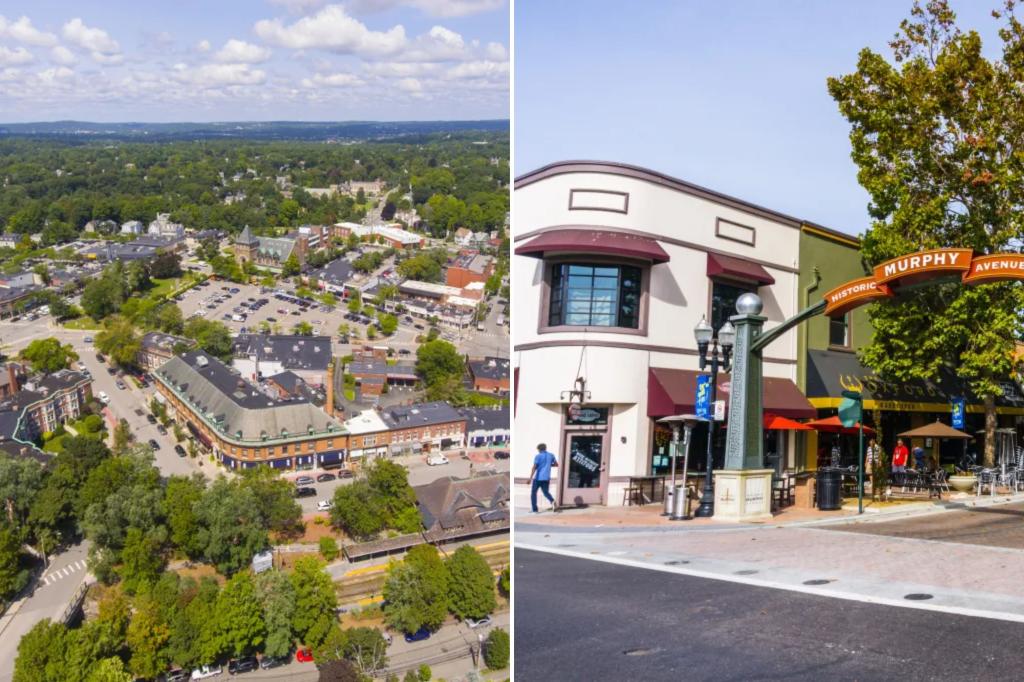The recent survey conducted by LawnStarter aimed to determine the most relaxed cities in the United States by analyzing various factors such as mental, physical, financial well-being, and stressors related to work, environment, and social aspects. Quality of life was also taken into consideration, including housing affordability, recreation options, and the average length of a workday. The survey ranked 500 cities across the country, with the affluent Boston suburb of Newton, Mass., topping the list, while the economically troubled city of Flint, Michigan, ranked at the bottom.
According to the survey, the Silicon Valley/San Jose region of California performed well, with cities such as Sunnyvale, Santa Clara, and Milpitas taking the next three spots after Newton, Mass. The sought-after Chicago suburb of Naperville, Ill., also made it to the top five cities in terms of relaxation. The survey findings suggested that affluent communities generally tend to have a more laid-back lifestyle, with higher median household incomes contributing to a higher quality of life.
The study highlighted the correlation between income levels and overall well-being, indicating that higher-income cities tend to offer a more relaxed and stress-free environment. The median household income in the top 10 cities identified in the survey was notably higher than the national average, emphasizing the importance of financial stability in promoting a relaxed lifestyle. The researchers noted that affluent communities were more likely to afford a laid-back lifestyle, with residents enjoying a higher standard of living and greater access to leisure activities.
On the other hand, cities such as Flint, Detroit, Dayton, Cleveland, and Shreveport ranked among the bottom five in the survey. These cities showed higher rates of mental distress, drug overdose, high blood pressure, strokes, smokers, deficient sleep rates, and poverty rates, indicating a lower overall state of well-being. The findings underscored the impact of socio-economic factors on an individual’s quality of life and emphasized the importance of addressing disparities in income levels and access to resources in promoting relaxation and general well-being.
Overall, the survey revealed that living in affluent communities with higher median household incomes was associated with a more relaxed lifestyle and better overall well-being. Factors such as housing affordability, recreation options, and work-life balance were also significant contributors to a city’s ranking in terms of relaxation. The study emphasized the importance of financial stability and access to resources in promoting a stress-free environment, while also highlighting the disparities in well-being across different cities based on income levels and socio-economic factors. Ultimately, the survey findings provided valuable insights into the relationship between income and relaxation, shedding light on the factors that influence quality of life in various cities across the United States.


